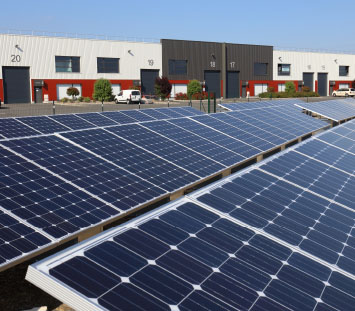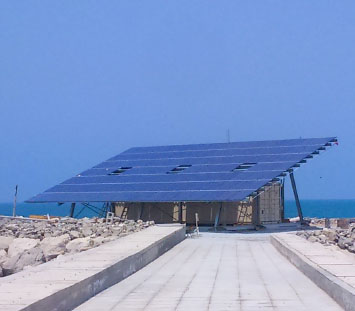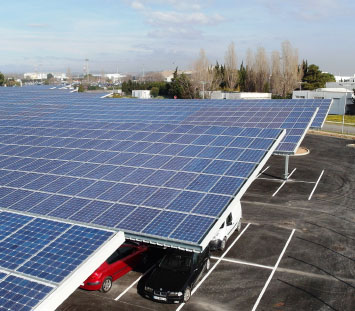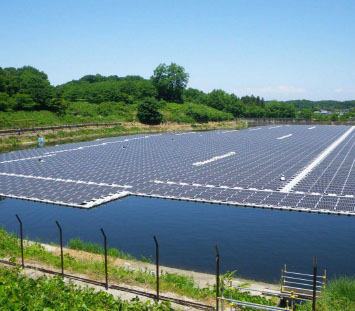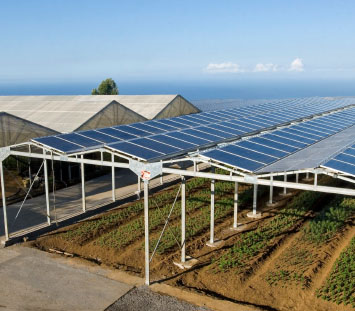OSMOSUN SW et BW
OSMOSUN are unique sustainable desalination solutions providing drinking water everywhere, for everyone.
For both sea and brackish water, reverse osmosis desalination OSMOSUN units generate zero direct CO2 emissions in operation.
The Solar PV – SWRO and BWRO OSMOSUN patented technology may be installed either fully offgrid, or as a grid tied system.
OSMOSUN battery-free process is a proprietary IP and commercial brand by OSMOSUN.



Off grid
Off grid, the standalone OSMOSUN plants operate from sunrise to sunset, supplying fresh water at an unprecedented low cost even in highly remote locations.

Grid-tied system
As a grid-tied system, the OSMOSUN installation may produce water 24-7 with smart energy management coordinated with the power utility.
OSMOSUN SW
Sea water solar powered desalination
Modular, the PV-SWRO units OSMOSUN SW adapt to the water needs of the most remote water-stressed areas, to produce between 1 m3 and 50000 m3 per day from seawater.

From the raw water intake to the concentrate management, all stages of an OSMOSUN project are designed on the basis of OSMOSUN’s expertise to be perfectly adapted to your local context, to minimize the environmental impact and to optimize its cost.

How does OSMOSUN work?
-
Raw Water Intake
The quality and stability of the water feed from its natural environment will be a key element of the durability of the installation.
-
Pre-Treatment
All the equipment (pre-treatment, OSMOSUN reverse osmosis unit and post treatment) must be integrated in a building or container(s).
-
Distribution
The distribution and discharge of the brine are to be designed according to local standards.
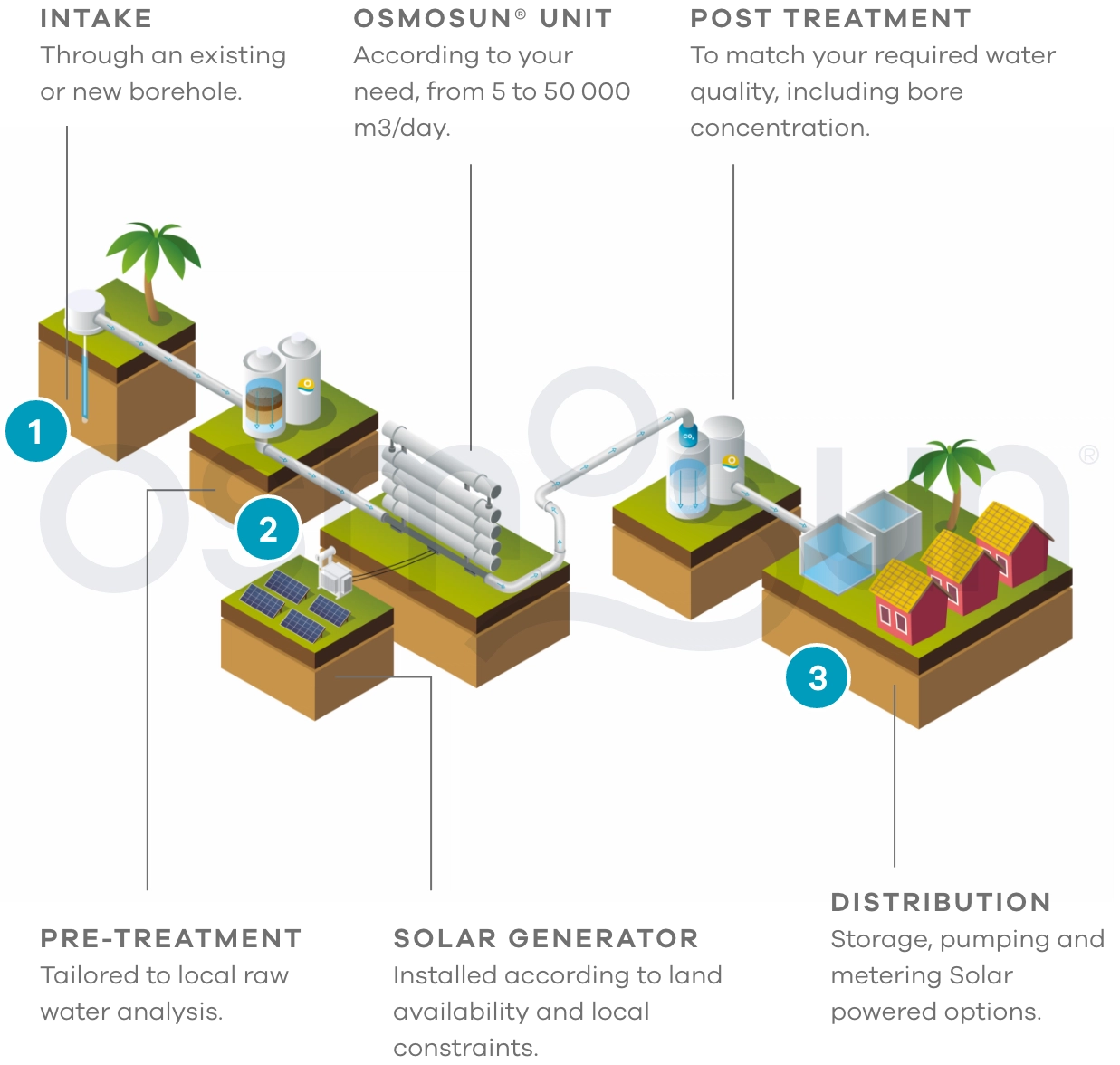
Our references

Installation OSMOSUN® 2,6 SW
The OSMOSUN® unit, produces 20 m3 per day powered only by solar energy, without batteries, and up to 60 m3 in hybrid mode, connected to a network during periods of high demand for drinking water.
Production capacity and main features
| Unit type | Daily capacity Hybrid (Solar + Grid) |
Solar surface |
|---|---|---|
| OSMOSUN® 0.12 SW | 5 | 10 |
| OSMOSUN® 1.3 SW | 30 | 75 |
| OSMOSUN® 2.6 SW | 60 | 150 |
| OSMOSUN® 7 SW | 150 | 240 |
| OSMOSUN® 13 SW | 300 | 470 |
| OSMOSUN® 24 SW | 550 | 850 |
| OSMOSUN® 30 SW | 700 | 1000 |
| OSMOSUN® 43 SW | 1000 | 1700 |
| OSMOSUN® 86 SW | 2000 | 3200 |
Seawater
characteristicss
- TDS sea water : 35 to 45 g/liter
- TDS permeat : < 0,5 g/liter
**The required solar power may be modified according to the characteristics of the project
The OSMOSUN units are modular and may be combined in different redundant production trains to reach a daily production of fresh water up to 50 000m3.
OSMOSUN BW
Solar desalination of brackish water
These PV-BWRO units dedicated to brackish water produce between 10m3 and 2000 m3 per day. Modular, OSMOSUN BW units autonomously desalinate up to 50 000 m3 per day.

The solar powered reverse osmosis desalination technology developed by OSMOSUN enables brackish water treatment. Water is considered brackish when salinity is lower than sea water and yet saline. We manage brackish water, generally found underground and extracted through boreholes, below 15 grams of salt per liter.
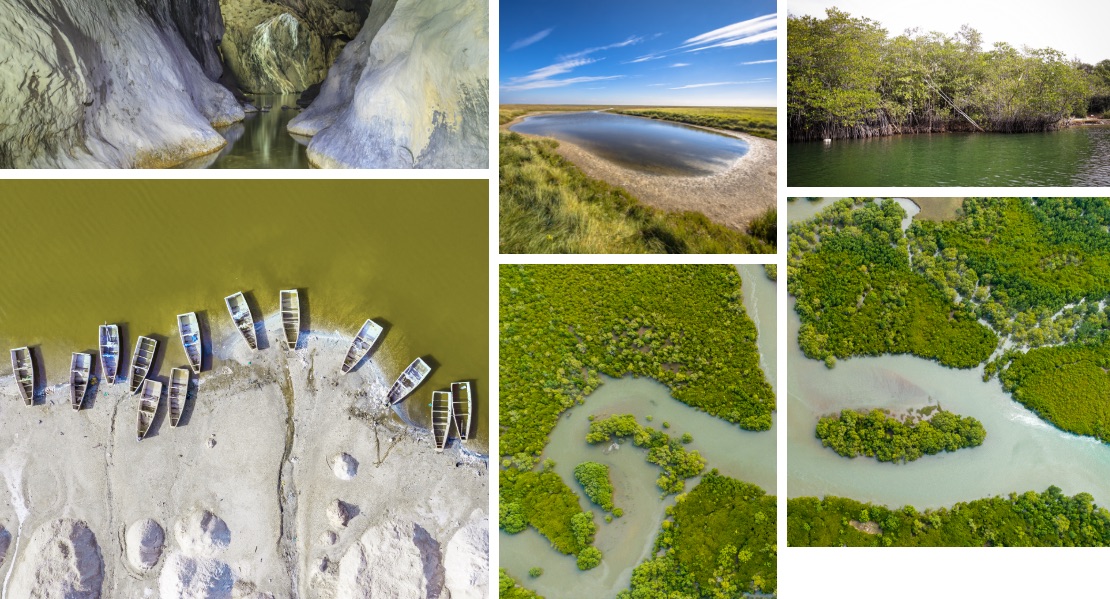
Our references

Installation OSMOSUN® 15 BW
NamWater, the national water company in Nambia, supported by the Climate Change Adaptation Fund, has selected Mascara for this brackish water desalination project located in Bethanie.
The OSMOSUN® unit produces...
Learn moreProduction capacity and main features
| Unit type | Daily capacity Hybrid (Solar + Grid) |
Solar surface |
|---|---|---|
| OSMOSUN® 0.2 BW | 5 | 7 |
| OSMOSUN® 1 BW | 20 | 50 |
| OSMOSUN® 2 BW | 40 | 70 |
| OSMOSUN® 3 BW | 70 | 90 |
| OSMOSUN® 6 BW | 140 | 175 |
| OSMOSUN® 15 BW | 350 | 420 |
| OSMOSUN® 30 BW | 700 | 630 |
| OSMOSUN® 50 BW | 1200 | 1000 |
| OSMOSUN® 75 BW | 1800 | 1600 |
Brackish water
characteristics
- TDS brackish water: < 15 g/liter
- TDS brine: depend of the water analysis
- TDS permeate: < 0,5 g/liter
**The required solar power may be modified according to the characteristics of the project
Solar generators
The specific consumption of the OSMOSUN units, which is among the lowest in the world at 2.5 kWh/m3 produced with water at a salinity of 35 g per liter, implies a small solar generator size.
The daily water production capacity depends on the power of the solar generator: about 0.75kWp, or 5 to 7 m2 of photovoltaic collector surface, per m3 of daily production.
The required solar power depends on the energy supply mode, either off-grid only via a solar generator, or in source hybridization with a grid power at night for example.
The surface required for a desalination plant depends on the type of solar plant chosen, which can be one of the following:
- Ground mounted solar panels
- Roof mounted solar panels
- Roof mounted Solar panels (car park shading structures)
- Floating solar panels
- Solar greenhouses
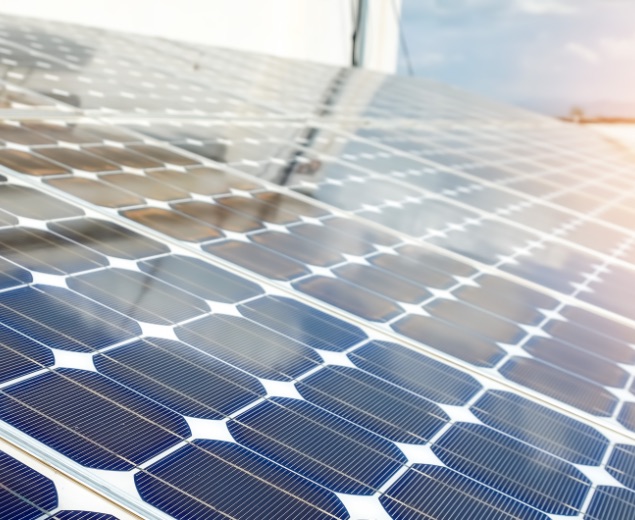
The solar panels we supply have a 25 year warranty, and are designed to withstand the salty seaside environment. The solar generator may be built locally.

